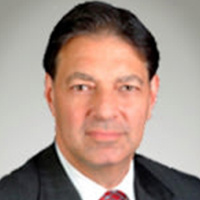Flanders DUI-DWI Lawyer, New Jersey
Sponsored Law Firm
-
 x
x

Click For More Info:
-
Law Office of Mark S. Guralnick
55 Madison Avenue 4th Floor Morristown, NJ 07960» view mapCriminal Defense Law Dedicated. Fearless. Successful.
Mark S. Guralnick and his legal team have helped clients throughout the USA and across the world by applying unparalleled dedication and hard work to each case.
800-399-8371
Blair R. Zwillman
✓ VERIFIEDBlair R. Zwillman has over 40 years of experience with the criminal justice system. After serving as a Law Clerk to Superior Court Judge Joseph M. Thu... (more)
Brian M. Dratch
✓ VERIFIEDAt Franzblau Dratch, P.C. we provide our clients with legal services in a comprehensive, yet cost effective manner, while at the same time reflecting ... (more)
Steven Goldstein
✓ VERIFIEDSteven Goldstein was admitted to practice in New York State in 1992. He was admitted to practice in New Jersey in 1993. His practice areas are pla... (more)
Gregg A. Wisotsky
Dylan T. Tester
FREE CONSULTATION
CONTACT Mark Guralnick Morristown, NJ
Mark Guralnick Morristown, NJ AboutLaw Office of Mark S. Guralnick
AboutLaw Office of Mark S. Guralnick Practice AreasExpertise
Practice AreasExpertise




